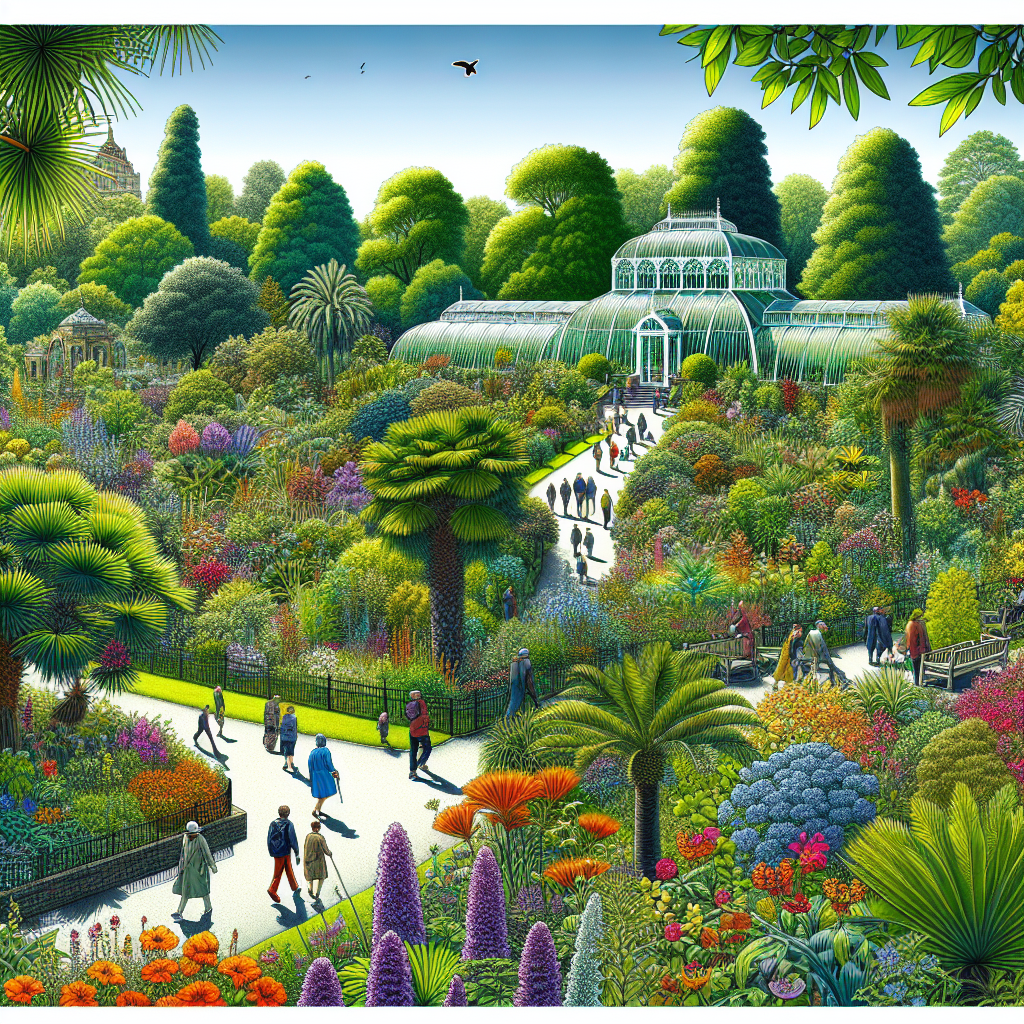Kew Gardens Faces Climate Crisis: Threatened Trees and Innovative Solutions
Kew Gardens in London, a UNESCO World Heritage Site, is facing severe threats from climate change, which could kill over half of its 11,000 trees by 2090. The gardens are warmer by about 3 degrees Celsius since the 1980s, exacerbated by the urban heat island effect. Experts suggest importing climate-resistant plant species as potential solutions.

Kew Gardens in London, renowned for its lush greenery and blooming roses, is facing severe threats from climate change, which could decimate half of its 11,000 trees by 2090. Climate models indicate that a warming climate is making the soil drier, reducing the water access for trees and leading to their irreversible decline.
The issue is exacerbated by the urban heat island effect, with temperatures at Kew being about 3 degrees Celsius warmer now compared to the 1980s. The record temperatures during the 2022 drought, which reached 40 C, resulted in the death of 400 trees, highlighting the urgent need for resilient species.
Experts suggest that introducing plant material from regions like the Hyrcanian forest, the Eurasian steppes, and the southwestern United States could provide a solution. This could also serve as a model for urban planners to mitigate climate change's effects. Kevin Martin, head of tree collections at Kew, stresses the importance of these initiatives for future generations.
(With inputs from agencies.)










